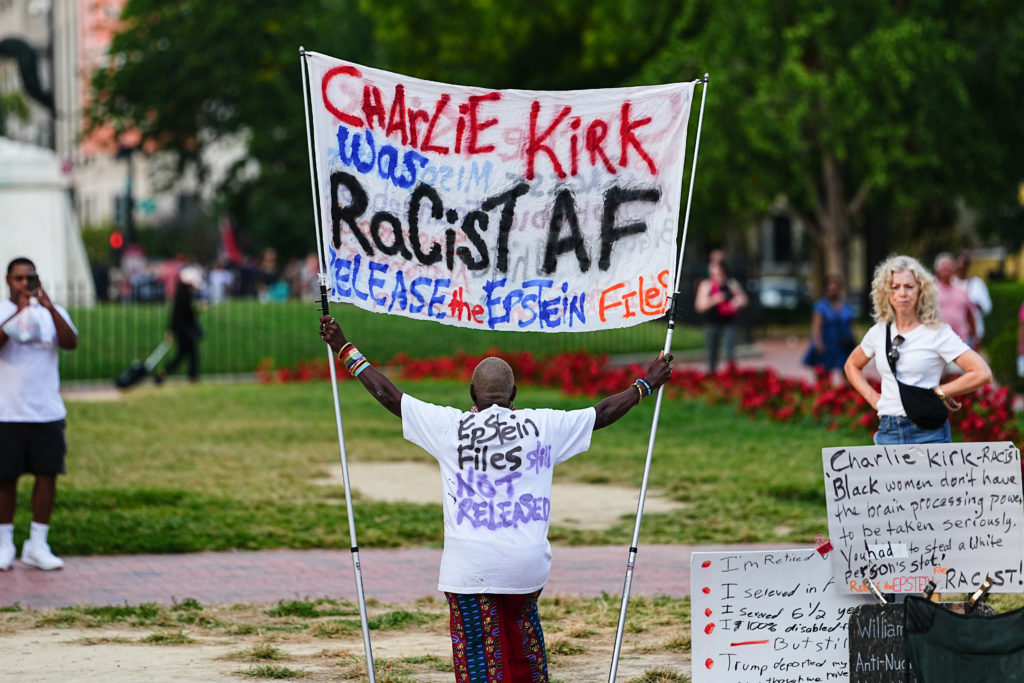Conservative Campaign Intensifies After Kirk’s Assassination, Targeting Critics and Sparking Free Speech Debate
Conservative Campaign Intensifies After Kirk’s Assassination, Targeting Critics and Sparking Free Speech Debate

BASKING RIDGE, New Jersey (AP) — In the immediate aftermath of conservative activist Charlie Kirk’s assassination, a powerful campaign by right-wing figures is rapidly gaining momentum, seeking to ostracize or terminate the employment of individuals who publicly disparaged Kirk. This effort, coming just days after his death, has already led to firings and disciplinary actions across various sectors, from educators and government workers to private company employees and media pundits.
The campaign, spearheaded by public officials and conservative influencers, represents a dramatic reversal of prior complaints about “cancel culture” from the left. Transportation Secretary Sean Duffy, for instance, publicly called for the dismissal of American Airlines pilots he claimed celebrated Kirk’s assassination. Similarly, Sen. Marsha Blackburn (R-Tenn.) has publicly demanded the firings of university professors and an assistant dean who expressed lack of sympathy or even pleasure regarding Kirk’s death.
As conservatives lionize Kirk, viewing him as a champion of free expression and an architect of President Donald Trump’s 2024 election victory, they are also accused of adopting the very tactics they once decried. This includes calls for firings, ostracism, and pressure to control public speech, raising significant concerns about political polarization and the future of free expression in a deeply divided nation.
The controversy has intensified the debate over the limits of the First Amendment, especially concerning “unpopular speech.” Adam Goldstein of the Foundation for Individual Rights and Expression notes that the greatest test of free speech acceptance arises when government officials become involved in punishing views deemed offensive.
While Utah Gov. Spencer Cox (R) has cautioned against premature conclusions about the assassin’s motive, he acknowledges the suspect’s identified political leanings and prior dislike of Kirk. The Trump administration, having signed an executive order protecting federal employees’ free speech rights and criticizing European censorship, has also warned of visa revocations for foreigners celebrating Kirk’s death, highlighting a complex and evolving stance on speech.
Amidst the escalating political tensions, a rare point of bipartisan agreement has emerged regarding the damaging role of social media in fueling violence and misinformation. However, some Republican lawmakers, including Sen. Katie Britt (R-Ala.), have also directed blame towards traditional news media for contributing to a toxic political climate through their criticism of President Trump, arguing that such expressions are unfair and can trigger violence. The push for “consequences” for those celebrating Kirk’s death signals a deepening chasm in public discourse.
Disclaimer: This content is aggregated from public sources online. Please verify information independently. If you believe your rights have been infringed, contact us for removal.